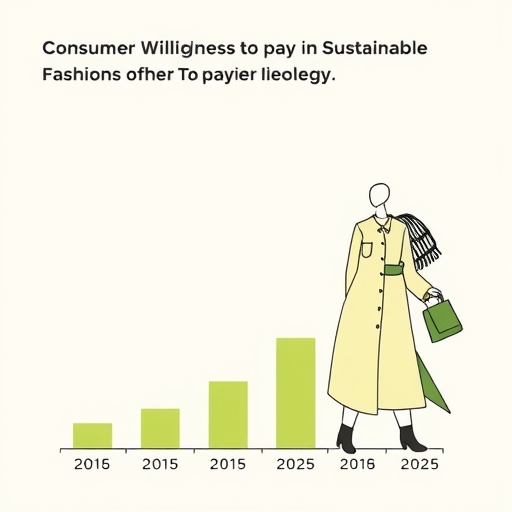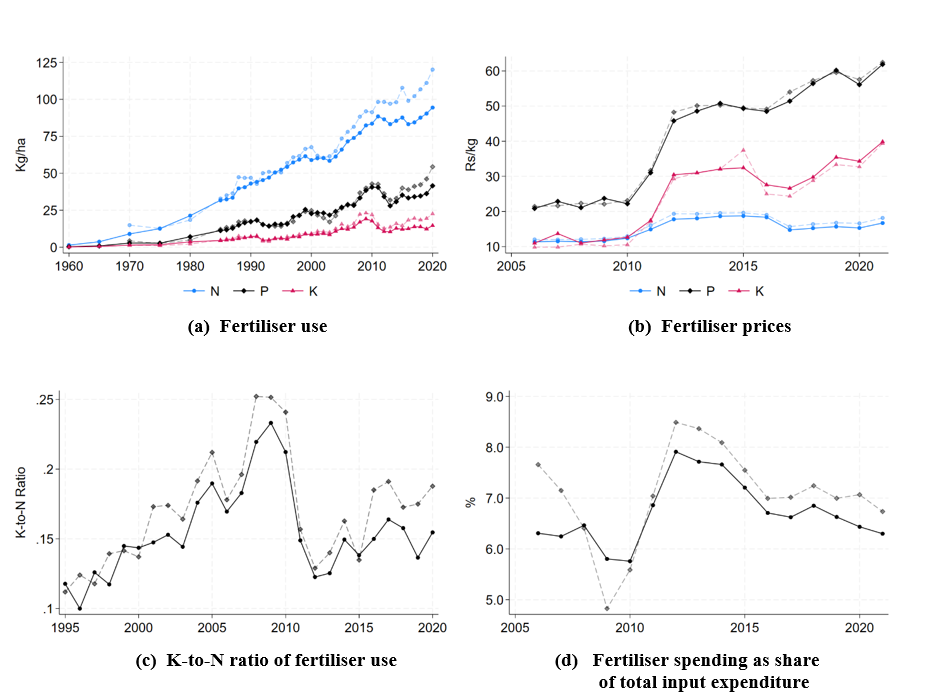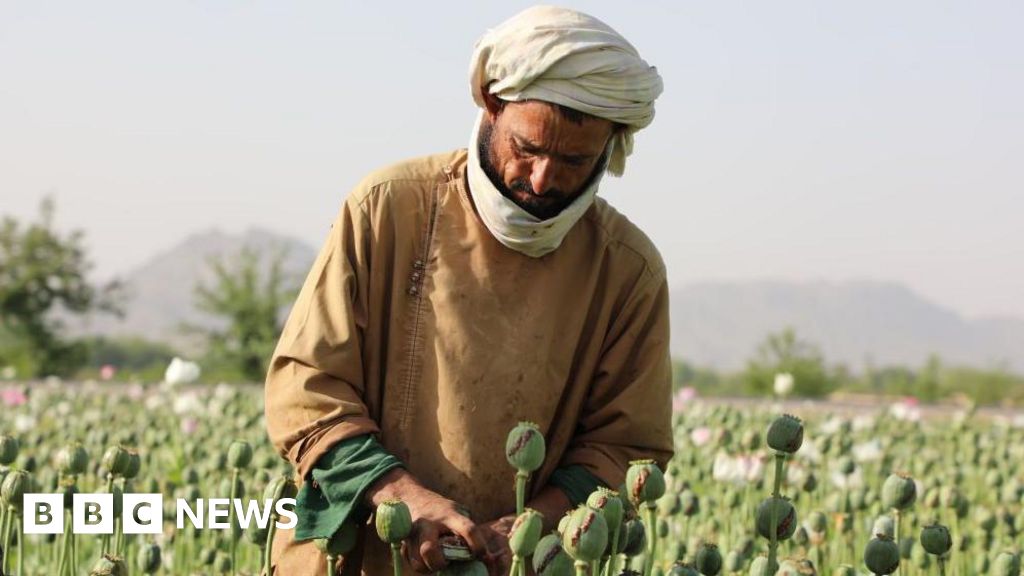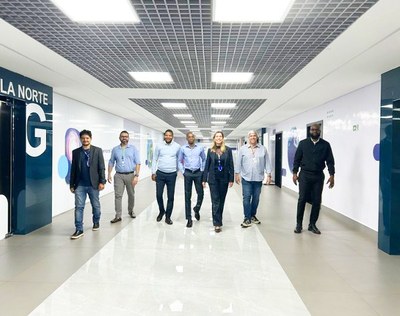Empowering families involved in the child welfare system – Mesa County

Report on the Mesa County Department of Human Services Family Empowerment Team Initiative
Program Overview and Contribution to Sustainable Development
The Mesa County Department of Human Services (MCDHS) has launched the Family Empowerment Team, a program providing free, voluntary, home-based services to families involved with the child welfare system. The initiative is designed to strengthen family units and maintain safety, directly aligning with several key United Nations Sustainable Development Goals (SDGs).
Alignment with Sustainable Development Goals (SDGs)
SDG 1: No Poverty & SDG 3: Good Health and Well-being
The program makes a direct contribution to poverty reduction and the promotion of health by focusing on family stability and resilience.
- Connection to Concrete Resources: By linking families to tangible support in times of need, the initiative addresses immediate economic pressures, a core target of SDG 1.
- Promotion of Well-being: The emphasis on family well-being, resilience, and children’s social-emotional development is fundamental to achieving SDG 3. It builds mental and emotional health from within the home.
- Strengthening Family Units: A stable and supportive family environment is a primary determinant of long-term health outcomes for both children and adults.
SDG 4: Quality Education & SDG 10: Reduced Inequalities
The Family Empowerment Team advances educational goals and reduces inequalities by equipping vulnerable families with essential skills and support.
- Parental Education: The program increases parenting skills and deepens understanding of child development, providing a critical form of non-formal education for caregivers, which supports SDG 4 by creating a stronger foundation for a child’s lifelong learning.
- Equity and Access: By offering free, voluntary services to system-involved families, the program actively works to reduce inequalities (SDG 10), ensuring that vulnerable populations have access to resources they deserve.
SDG 16: Peace, Justice and Strong Institutions
As an initiative of a public body, the program strengthens the relationship between citizens and government institutions, fostering a more peaceful and just society.
- Building Trust: The partnership-based approach builds trust between families and the child welfare system, a key component of a just and effective institution (SDG 16).
- Fostering Stability: By working to keep families safely together, the program strengthens the foundational unit of society, contributing to community stability and resilience.
Core Program Objectives
The strategic approach of the Family Empowerment Team is centered on four primary objectives:
- To strengthen family functioning through the delivery of personalized support.
- To promote the social and emotional development of children.
- To encourage parent resilience and the development of positive relationships.
- To connect families to concrete resources in times of need.
Access to Services
Families currently involved with the child welfare system are encouraged to engage with this voluntary program to navigate next steps and build a stronger future.
- Family Empowerment Team Direct Line: 970-609-KIDZ
- Department of Human Services General Contact: 970-242-1211
- Online Information: Further details on Child Welfare programs are available at www.FosterAdoptMesaCounty.org.
SDGs Addressed in the Article
-
SDG 1: No Poverty
- The article mentions connecting families “to concrete resources in times of need.” This support addresses economic and material instability, which are often linked to poverty and can be a primary stressor for families involved in the child welfare system.
-
SDG 3: Good Health and Well-being
- The program’s focus is on promoting “family well-being, stability and resilience,” “children’s social and emotional development,” and “positive relationships.” These elements are central to mental and emotional health for both children and parents.
-
SDG 4: Quality Education
- The initiative aims to “increase parenting skills” and “deepen understanding of child development.” This represents a form of non-formal education and lifelong learning for parents and caregivers, equipping them with the knowledge to create better home environments.
-
SDG 10: Reduced Inequalities
- The service targets “system-involved families,” who are often a vulnerable and marginalized group. By providing “free, voluntary, home-based services,” the program works to reduce inequalities in access to support and empower these families to improve their circumstances.
-
SDG 16: Peace, Justice and Strong Institutions
- The article describes a public institution, the Mesa County Department of Human Services (MCDHS), providing effective support to the community. The core mission to “keep their families safely together” is a direct preventative measure against violence, abuse, and neglect of children.
Specific SDG Targets Identified
-
Target 1.3: Implement nationally appropriate social protection systems and measures for all… and achieve substantial coverage of the poor and the vulnerable.
- The Family Empowerment Team represents a local social protection system designed to support vulnerable, “system-involved families” by providing free services and connecting them to resources.
-
Target 3.4: By 2030, reduce by one third premature mortality from non-communicable diseases through prevention and treatment and promote mental health and well-being.
- The program directly promotes mental health and well-being by focusing on “family well-being,” “parent resilience,” and “children’s social and emotional development.”
-
Target 4.7: By 2030, ensure that all learners acquire the knowledge and skills needed to promote sustainable development, including… promotion of a culture of peace and non-violence…
- By teaching “parenting skills” and fostering “positive relationships,” the program equips parents with the knowledge and skills to create a peaceful and non-violent home environment.
-
Target 10.2: By 2030, empower and promote the social… inclusion of all…
- The program empowers vulnerable families by providing them with tools and support to “strengthen their relationships” and “family functioning,” thereby promoting their social stability and inclusion.
-
Target 16.2: End abuse, exploitation, trafficking and all forms of violence against and torture of children.
- The primary goal of keeping “families safely together” and strengthening family functioning serves as a direct preventative strategy against child abuse and neglect, which are forms of violence against children.
Implied Indicators for Measuring Progress
-
Indicator for Target 1.3: Number of families connected to concrete resources.
- The article states that the team focuses on “Connecting families to concrete resources in times of need.” Tracking the number and type of these connections would measure the program’s success in providing this aspect of social protection.
-
Indicator for Target 3.4: Assessed improvements in family well-being and resilience.
- The goal to “promote family well-being, stability and resilience” implies that these outcomes can be measured. Progress could be tracked through pre- and post-intervention surveys or assessments of participating families.
-
Indicator for Target 4.7: Reported increase in parenting skills and knowledge.
- The program aims to “increase parenting skills” and “deepen understanding of child development.” This can be measured by assessing the change in knowledge and confidence levels of parents and caregivers who participate in the program.
-
Indicator for Target 16.2: Rate of family preservation among participants.
- The stated goal is to “keep their families safely together.” A key indicator of success would be the number or percentage of participating families that remain intact and avoid further official intervention or out-of-home placement of children.
Summary of SDGs, Targets, and Indicators
| SDGs | Targets | Indicators |
|---|---|---|
| SDG 1: No Poverty | 1.3: Implement social protection systems for the poor and vulnerable. | Number of families connected to “concrete resources in times of need.” |
| SDG 3: Good Health and Well-being | 3.4: Promote mental health and well-being. | Assessed improvements in “family well-being, stability and resilience” and “children’s social and emotional development.” |
| SDG 4: Quality Education | 4.7: Ensure learners acquire knowledge and skills for promoting a culture of peace and non-violence. | Reported increase in “parenting skills” and “understanding of child development.” |
| SDG 10: Reduced Inequalities | 10.2: Empower and promote the social inclusion of all. | Number of “system-involved families” receiving free, voluntary support to strengthen family functioning. |
| SDG 16: Peace, Justice and Strong Institutions | 16.2: End abuse, exploitation, and all forms of violence against children. | Rate of families that are able to “keep their families safely together” after program involvement. |
Source: mesacounty.us

What is Your Reaction?
 Like
0
Like
0
 Dislike
0
Dislike
0
 Love
0
Love
0
 Funny
0
Funny
0
 Angry
0
Angry
0
 Sad
0
Sad
0
 Wow
0
Wow
0





/https://media.globalcitizen.org/ea/9e/ea9e1a08-9cc4-472e-a0a7-57a76f7c1e06/screenshot_2025-11-06_at_101647.png?#)





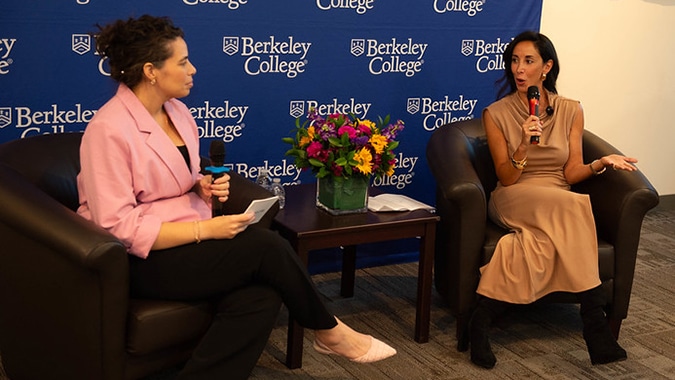






![Architects use comics and humour to rethink sustainable cities [Interview] – Mongabay-India](https://imgs.mongabay.com/wp-content/uploads/sites/30/2025/11/06135611/1761635108000-768x511.jpeg?#)

















